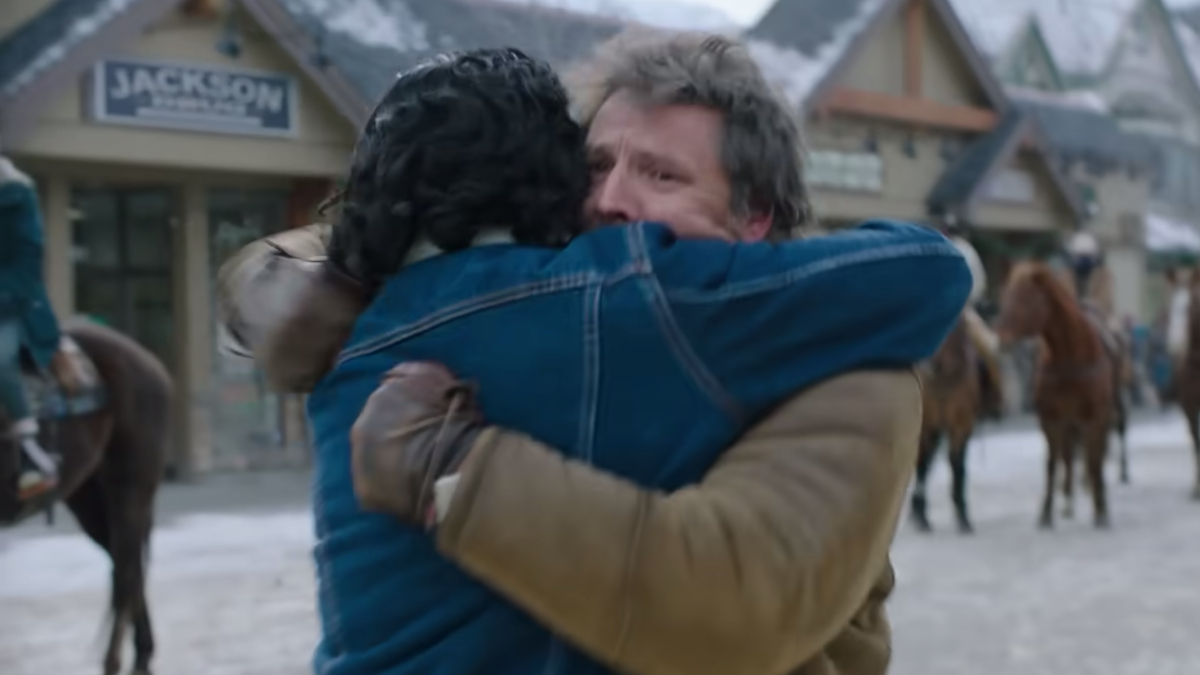We shouldn’t be the only ones who think that alternative timelines can get a little messy. If Marvel has taught us anything, it’s that jumping around willy-nilly throughout time has the capacity to cause problems. The same holds true for any show that attempts to rectify narrative decisions with either a time hop forward, or a blast back to the past. Well, The Last of Us showrunners seem to agree, and their solution to this age-old problem is absolutely genius.
For the unfamiliar; set in an apocalyptic America, The Last of Us follows Ellie and her disgruntled father figure Joel as they traverse a zombified wasteland. Complete with murderous bandits, haunting cannibals, and bad luck at every turn — this adaptation of the iconic video game is sure to have us shielding our eyes. At least, during the scary parts.
When reinventing the story for television, the filmmakers in charge faced a dilemma — the game prologue for The Last of Us is set in 2013. Now, almost 10 years later, how were co-creators Craig Mazin (Chernobyl) and Neil Druckmann (the game’s original director) going to rectify this for the series?
After the game’s iconic opening, we jump forward in time around 20 years; straight into the 2030s. For Mazin and Druckmann, that wasn’t believable enough. During a roundtable interview attended by entertainment news outlet Inverse, the two creative leads shared their thoughts on the upcoming HBO adaptation, and Craig Mazin didn’t hold back.
“I have this thing about jumping into the future, I feel like, if I’m watching a show and the year is 2023, and the show takes place in 2043, it’s just a little less real. Even if I’m watching a show in 2023 and it takes place in 2016, it’s a little less real.”
Their solution was to take the prologue for the story and set it 10 years before our present, ensuring that the bulk of The Last of Us takes place in the year 2023. Chilling, we know.
“I thought it might be interesting to just say, ‘Hey, look, in this parallel universe, this is happening right now. This is happening this year…”
A show like The Last of Us couldn’t come at a more interesting time. In the wake of a global pandemic, a show about infectious cordyceps that destroy the human race seems a bit on the nose. Thankfully, Neil Druckmann and co. kept this in mind.
“We really didn’t want to make a show about COVID-19,” Druckmann says. “We wanted to make something that’s more universal than that. ‘Spanish Flu’ was a big influence as far as how it affected people, how people died, how they became very segregated, how they became xenophobic, and their towns.”
As we approach the show’s Jan. 15 release date, our building suspicions have been confirmed — the people in charge of bringing The Last of Us to life are clearly taking great care in that process. With any luck, this new series will be a shining example of what a video game retelling can truly be.

